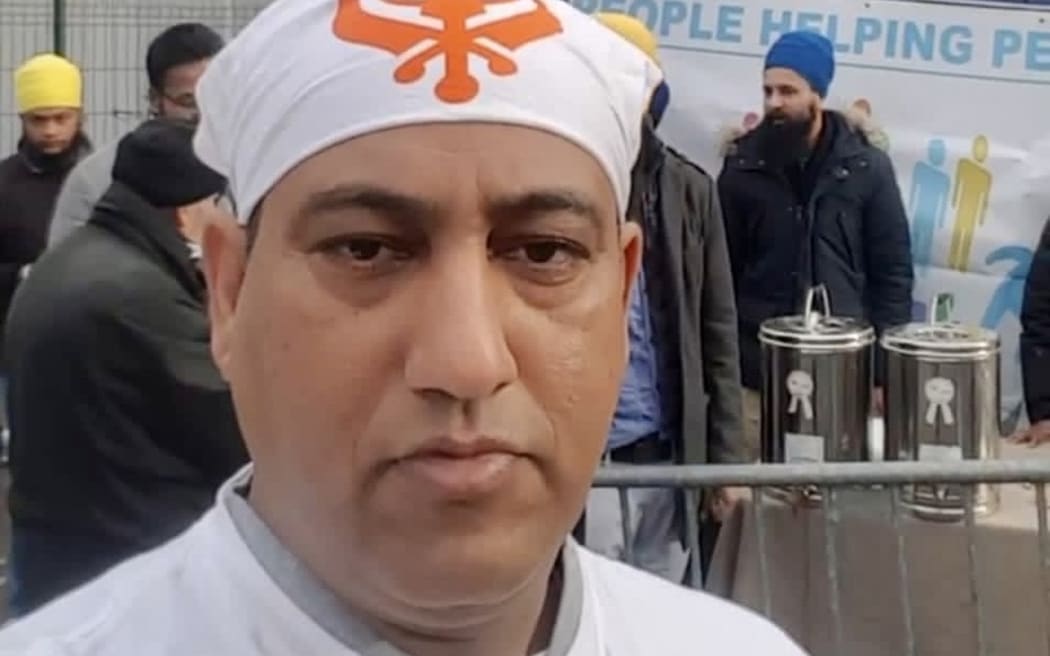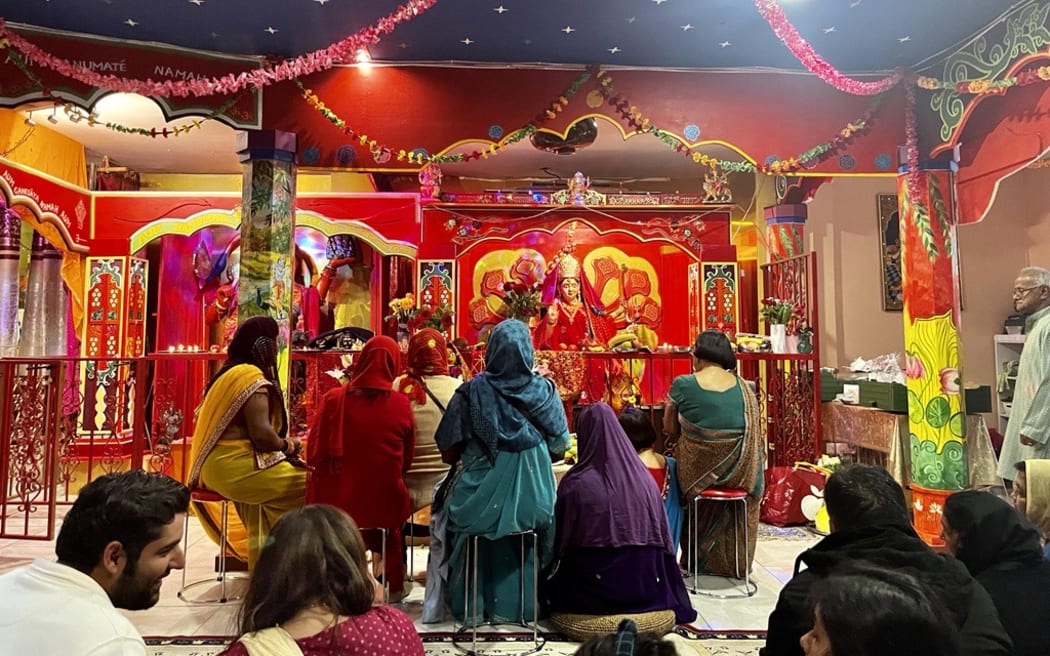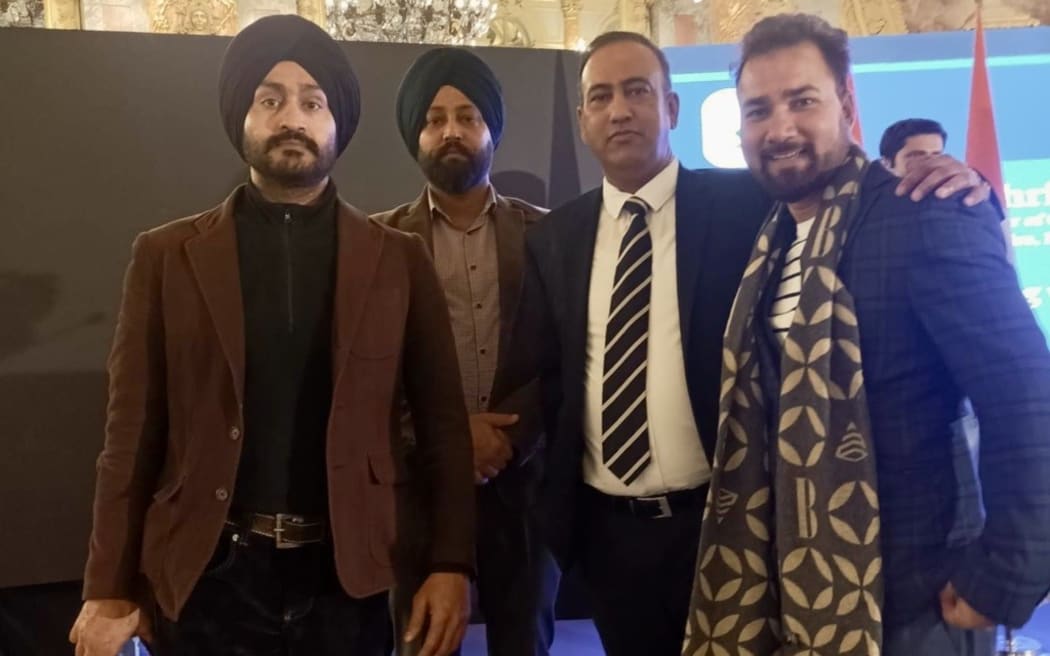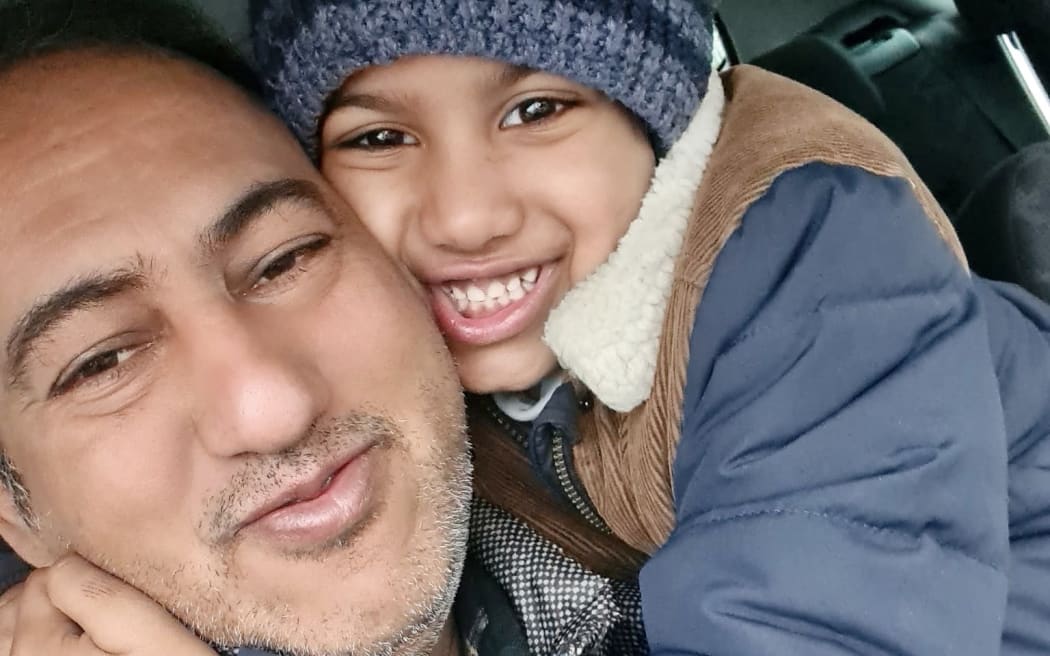Daljeet Singh: ‘Paaji of Paris’ lends a helping hand to Indians in France’s capital
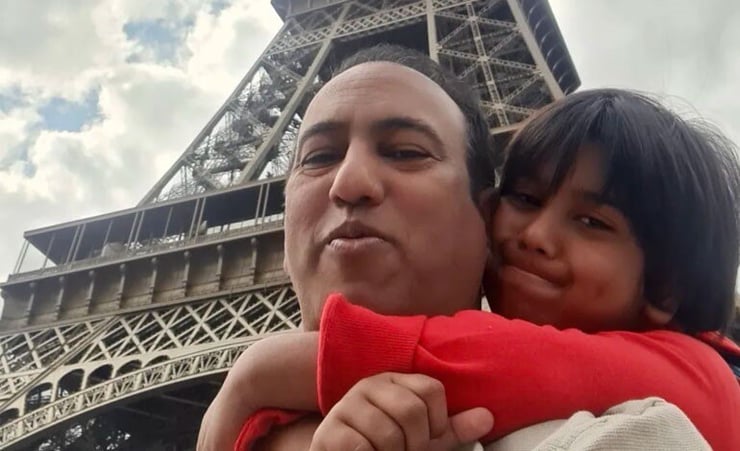
Paaji is an endearing term used by the Sikh community. It means "elder brother", or "protector". For many Indians in Paris, Daljeet Singh is their paaji - and he doesn't take this role lightly.
Being the community's keeper, Singh wears many unofficial hats - he's your legal advisor, your matchmaker, your documentation specialist and your personal driver. Any problem arising within the community, just call and he'll be there.
Singh's journey began in 2021 at the height of Covid-19. He was working at Charles de Gaulle airport, helping people with disabilities move around the terminals by bus.
It was there that he would notice Indian travellers - either returning home to Paris or arriving as new immigrants - struggling with freshly imposed barriers to entry.
"The community was running into a very big problem," Singh says. "They had a language barrier, the airport authorities weren't guiding them or giving them proper information. There was so much documentation, and you needed negative Covid tests for different periods - 72 hours, 36 hours - Indian people were getting stuck at the airport because they didn't know the formalities in Paris.
"There weren't one or two, there were hundreds and hundreds."
Daljeet Singh volunteers at his local gurdwara. Photo: Supplied / Daljeet Singh
So Singh stepped in to help.
"I just tried to help one person," he recalls. "He had an emergency in India, but his Covid test wasn't uploaded at a particular time and so he was refused boarding."
Singh helped the man upload his test and immigration papers as required, and he was let through. And just like that, Singh continued to help people in whatever way he could.
In 2021, a friend suggested making his services to the community more official. Singh launched a Facebook page called Indians in France and used his connections at the airport to guide people directly to Covid centres, fast-tracking an otherwise lengthy and alienating testing process.
The page has quickly grown, and it's 9300 or so members share just about everything: financial advice, cultural festivities, where to find the best Indian food, how to avoid scammers, how to navigate official documents - and, on some occasions, Singh even offers dating advice.
Devotees attend a Durga Puja at Rue des Petites-Ecure in Paris. Photo: RNZ / Jogai Bhatt
Singh remembers what it's like to be a new immigrant in France.
He arrived in Paris 25 years ago and has been working at Charles de Gaulle for the past 18 years, but says his French is still a little rough.
"Paris is a charm but it's not easy to establish yourself," he says. "Most people, they come here, they think it'll be easy. In India, they ask this question almost rhythmically - 'So where are you settling? America, London, Paris?'
In the early days of Indian migration, it was largely groups from Puducherry and Chandannagar arriving in France. Then, in the 1980s, Paris welcomed Gujaratis, who set up luxury jewellery businesses and convenience stores outside metro stations. Later, a large Sikh population would arrive after fleeing violence in Punjab state.
Nowadays, it's largely young students and skilled workers looking to call Paris home.
While the Indian population of Paris is diverse, with an estimated 14,000 living in the greater Paris region, Singh says the community is still very segregated.
"Punjabis, Tamils, Keralites, Gujaratis all do things separately. Everyone needs to come under one motive first to be Indian and do something for the culture before we can grow. Slowly I'm trying to get people to come forward."
Daljeet Singh (second from right) with members of the Sikh community at the Indian Embassy. Photo: Supplied / Daljeet Singh
To unite the community, Singh has organised a number of cultural and religious festivities throughout the years.
"Every year I organise Durga Puja, Shivratri, Ram Navami," he says. "I have one friend who helps organise things for the Indian Muslim community. We ask people to participate not with their money, but with their sentiments."
As a Sikh, Singh's values are dear to him, and he looks to exemplify them through his community work.
During lockdowns, he would drive Covid-positive patients to the hospital in his car. Through his local gurudwara (temple), he organised a fundraiser to donate basic rations of milk, oil, flour, potatoes, onions and so forth to people in need. At one point, he was even organising Hindu funerals.
"One girl was travelling to France with her family and her father (passed away) when he was in Paris. She called and asked me for help. We got that information at 3pm and by 7pm we had a death certificate in hand.
"Till now we've sent 362 bodies to India [to be cremated]. We raise the funds and contact the funeral agencies, and they prepare everything for us. We even do cremations in France."
Daljeet Singh and his 7-year-old son, Maheep. Photo: Supplied / Daljeet Singh
Through Indians in France, Singh has cultivated a name for himself: Paaji to all. But he says his most important goal in life is to be a role model to his 7-year-old son, Maheep.
"I used to take him to the temple, we would clean the utensils over there and arrange the shoes regularly. I tell him power doesn't come through your muscles, it comes through your thoughts," he says.
"There's a saying in Punjabi: 'God gives responsibility only to the responsible'. Even if I've gained nothing else in my life, as long as my son is proud of me, that will be enough. I'm waiting for that moment."
https://www.rnz.co.nz/news/indonz/501092/daljeet-singh-paaji-of-paris-lends-a-helping-hand-to-indians-in-france-s-capital


